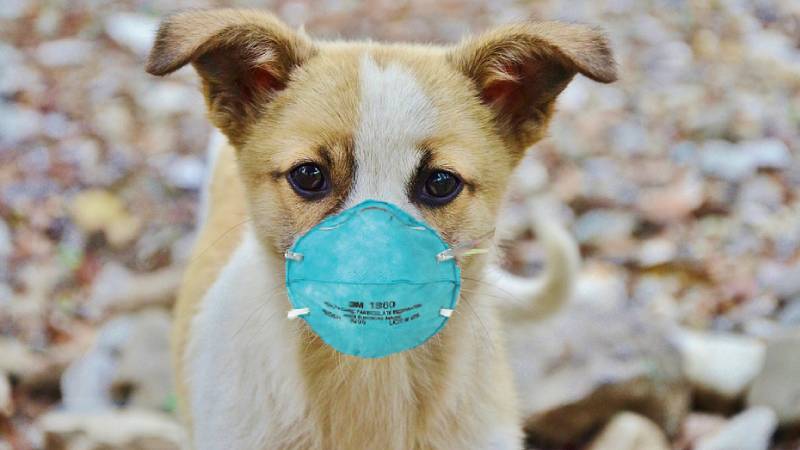As Bangkok’s air-pollution crisis remains under an intense spotlight for a second week, it’s becoming apparent that it’s not just people who are affected, but our pets as well.
Popular Facebook news page Drama Addict yesterday brought to light one eye-opening example as they shared a cautionary tale about a white poodle who lost its ability to bark after getting dust in its windpipe.
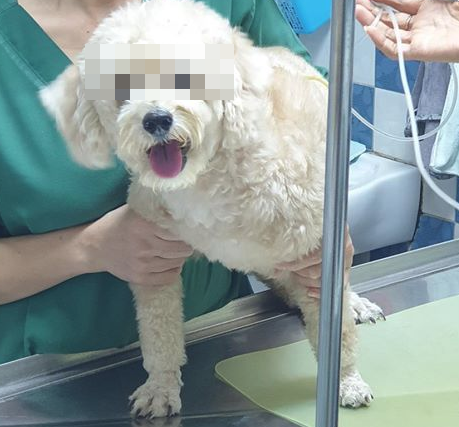
The adorable pooch — named Bori — lives on the third floor of a commercial building in nearby Samut Prakan province. But while the dog doesn’t get outside much, the owner told the outlet that he always keeps his windows open to allow fresh — or in this case — unhealthy air to circulate.
While Bori was still lively and had an appetite, the poodle suddenly found itself without a voice.
After getting an x-ray, the vet told the owner that Bori most likely gotten dust in her windpipe, which ended up getting infected.
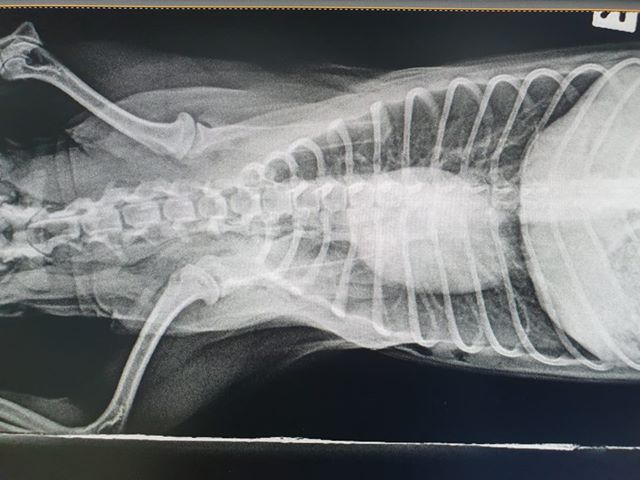
Though this afternoon’s Air Quality Index reveals that Samut Prakan’s air quality is currently at a moderate level, the province has spent the past two weeks or so slipping in and out of the “unhealthy” category.
Bori’s tale isn’t the first account of pet health complications brought on by the smog.
Last Wednesday, the Pet and Aquatic Animal Hospital in Bangkok’s Wang Thonglang district took to their Facebook page to post about a bunny that had fallen sick.
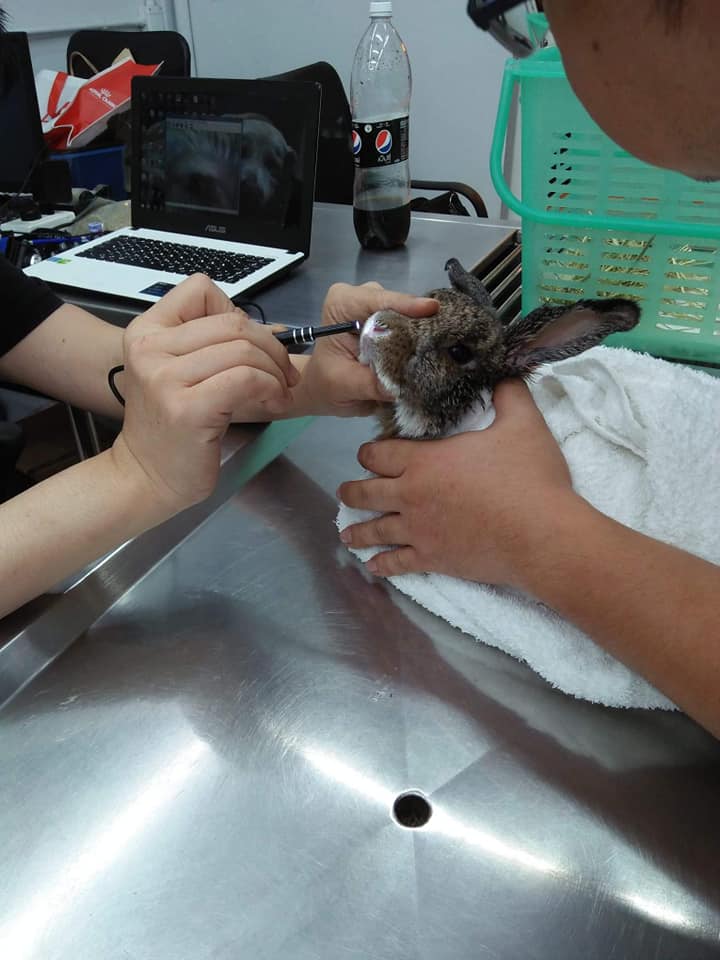
Jupu, a house rabbit that suffers from a chronic respiratory disorder started exhibiting increased symptoms — including a red, puffy nose and consistent violent sneezes — right around the same time air pollution became a problem in Bangkok.
An X-ray revealed that Jupu had sinus infection, which, according to the vet, can be extremely dangerous when paired with its pre-existing condition.
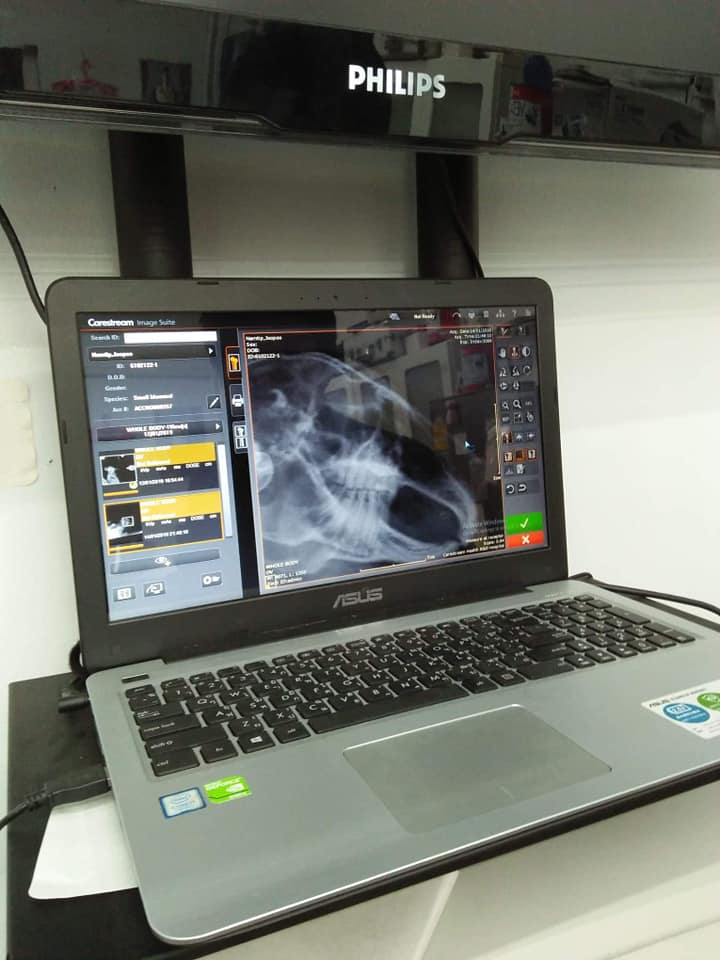
Meanwhile, Jupu’s owner also started sneezing up blood.
After Jupu’s owner sent the vets a photo of the view from her window, the animal hospital became convinced the pair’s conditions had been caused by the air pollution.
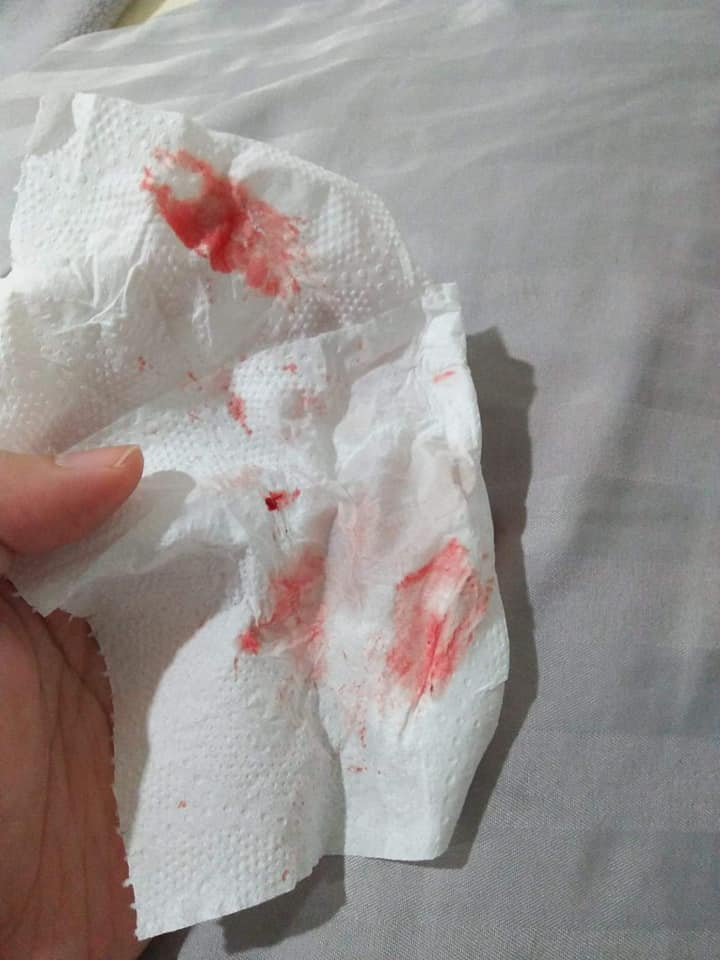
Dr. Thaweesak Anansiriwattana, director of Klong Luang Animal Hospital, told Workpoint today that — much like in humans — PM2.5 (particulate matters smaller than 2.5 micron) dust directly affects animal’s respiratory system, which can cause an inflammation of the lungs, leading to asthma, bronchial stenosis (difficulty breathing that can lead to an overall feeling of fatigue or discomfort), extreme respiratory irritation and — you guessed it — lots of phlegm.
“Combined with an infection, the lungs may get critically damaged, which can be fatal,” he said.
Dr. Thaweesak says owners shouldn’t take their pets on walks outside at this time and should try to reduce dust inside the house as much as possible.
Animals can’t protect themselves like humans, so it’s up to us to watch over our pets, he added.
